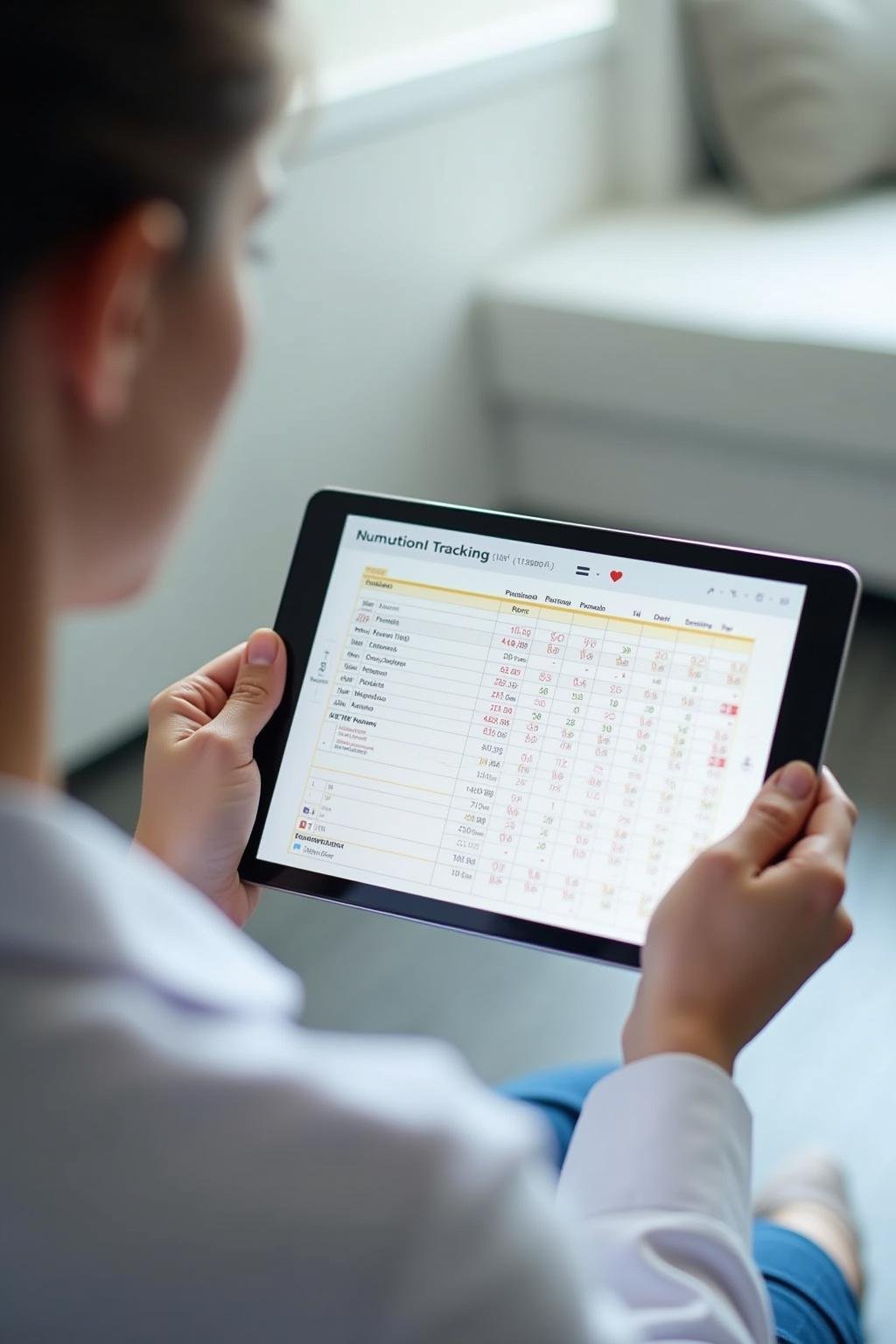1. Introduction
The menstrual cycle is more than just a biological process; it plays a significant role in shaping mental health and emotional resilience. Recent scientific studies have shown that hormonal fluctuations during various cycle phases can profoundly influence mood, cognition, and emotional stability. Understanding these dynamics allows women to manage their mental well-being proactively, turning menstrual phases into opportunities for growth and self-care. For instance, incorporating natural supplements such as adaptogens found [here](https://amzn.to/4l96klX) can support hormonal balance and enhance emotional stability. This comprehensive guide explores how your cycle affects mental health and provides practical strategies to foster emotional resilience throughout the month.

2. The Hormonal Phases and Their Emotional Impact
Understanding the menstrual cycle phases is essential to grasping how hormonal immune responses influence mental health. The cycle comprises several critical stages, each characterized by distinct hormonal shifts that can affect emotional resilience, mental clarity, and overall mood. During these phases, women often notice varying levels of stress, anxiety, or happiness, underscoring the importance of tracking and managing these fluctuations effectively.
Menstrual Phase (Days 1-5)
During the menstrual phase, estrogen and progesterone are at their lowest points, often leading to feelings of fatigue, irritability, and a glimpse of low mood. Recognizing this as a natural emotional low allows you to incorporate supportive routines like gentle yoga or calming teas, available [here](https://amzn.to/45VdiX9), which can offer comfort during this time. Additionally, exploring natural remedies from resources such as [this](https://purehealthflow.com/understanding-pmdd-natural-support-for-hormone-driven-mood-swings/) can ease mood swings caused by hormonal dips.
Follicular Phase (Days 6-14)
This phase is marked by rising estrogen levels, which boost mental sharpness, motivation, and a positive outlook. Many women experience heightened confidence and emotional resilience during this period—an ideal time for engaging in social activities or engaging with new projects. Enhancing this phase with energy-boosting supplements like [these](https://amzn.to/4dZhTJT) can further support mood and vitality. Additionally, incorporating adaptogens as detailed [here](https://purehealthflow.com/adaptogens-for-emotional-balance-which-ones-actually-work/) can optimize hormonal health.
Ovulatory Phase (Around Day 14)
High estrogen levels during ovulation lead to increased mental alertness and social confidence for many women. However, this surge can also trigger emotional sensitivity or anxiety in others, which emphasizes the importance of personalized awareness. Tools like fertility tracking apps or journals can improve your understanding of this cycle phase, helping you capitalize on your natural strengths and mitigate challenges.
Luteal Phase (Days 15-28)
In this second half of the cycle, progesterone rises, which can sometimes cause premenstrual symptoms such as irritability, fatigue, and mood swings. Recognizing these emotional changes beforehand enables women to implement coping mechanisms—for instance, engaging in stress-relief practices or taking natural supplements recommended [here](https://amzn.to/4l96klX). These strategies strengthen mental resilience during this potentially more challenging phase of hormonal fluctuation.
3. How Your Cycle Affects Mental Health and Emotional Resilience
The fluctuating hormones during your menstrual cycle significantly impact mental health and emotional resilience. During some phases, women may feel more vulnerable to depression, anxiety, or mood instability. In contrast, other phases can bring about feelings of empowerment, confidence, and emotional equilibrium. These patterns are essential to recognize for effective mental health management. For example, during the menstrual and luteal phases, neurotransmitter activity can decrease, leading to mood swings and irritability, which are often alleviated with targeted natural strategies like herbs and supplements found [here](https://amzn.to/4dZhTJT). Conversely, the follicular and ovulatory stages tend to promote mental clarity, facilitating better stress management.
Being aware of these cyclical changes enables women to develop tailored approaches. Natural remedies such as [herbal adaptogens](https://purehealthflow.com/adaptogens-for-emotional-balance-which-ones-actually-work/) and mindfulness practices can greatly support emotional resilience during more vulnerable phases, making it easier to navigate hormonal influences on mental well-being.

4. Strategies to Enhance Emotional Resilience Throughout Your Cycle
Proactively supporting mental health and emotional strength involves aligning your lifestyle with your menstrual cycle. Using tools like [trusted period tracking apps](https://purehealthflow.com/understanding-pmdd-natural-support-for-hormone-driven-mood-swings/) helps you anticipate emotional shifts, fostering self-compassion and timely interventions. Incorporating mindfulness practices such as meditation or deep breathing exercises can reduce stress and stabilize mood fluctuations, especially during hormonally sensitive phases.
Maintaining a healthy lifestyle with regular exercise, nutritious diets, and adequate sleep is essential—these habits help balance hormones and bolster mental resilience. For example, wellness retreats focusing on emotional healing, such as those offered in [Hawaii](https://bookretreats.com/s/yoga-retreats/hawaii?a=nincghgpfoavrucmdhly) or [California](https://bookretreats.com/s/yoga-retreats/california?a=nincghgpfoavrucmdhly), provide immersive experiences that promote emotional stability. If mental health challenges become severe, consult a professional therapist or mental health specialist to customize your support plan, possibly integrating recommended tools like [stress-reducing supplements](https://amzn.to/4dZhTJT).
Additional Resources to Support Your Mental Well-being
Exploring retreats dedicated to emotional healing, grief, or general mental health support can be transformative. Select from options like [wellness retreats](https://bookretreats.com/s/wellness-retreats/mental-health-retreats?a=nincghgpfoavrucmdhly), [emotional healing](https://bookretreats.com/s/wellness-retreats/emotional-healing-retreats?a=nincghgpfoavrucmdhly), or [grief retreats](https://bookretreats.com/s/wellness-retreats/grief-retreats?a=nincghgpfoavrucmdhly), tailored to help you restore emotional balance. Incorporating yoga retreats in Bali or Hawaii can also enhance mental clarity and resilience, which complements your cycle management routine.

5. Frequently Asked Questions (FAQs)
How does my menstrual cycle influence my mental health?
Hormonal fluctuations, particularly levels of estrogen and progesterone, directly impact neurotransmitter activity in the brain, affecting mood, stress response, and overall emotional resilience. Being aware of these patterns empowers women to adopt strategies that mitigate emotional challenges during sensitive phases.
Can tracking my cycle improve my emotional resilience?
Yes. Using apps or journals to monitor your cycle helps in predicting emotional shifts and enables proactive management. Tailoring your lifestyle and habits accordingly—such as adjusting your workout intensity or supplement intake—can significantly enhance your mental stability during vulnerable phases.
What are some effective coping strategies for cycle-related mood swings?
Practicing mindfulness meditation, engaging in regular moderate exercise, ensuring consistent sleep routines, and considering natural supplements like those linked [here](https://amzn.to/4dZhTJT) offer effective ways to handle mood swings and promote emotional balance.
When should I seek professional help for cycle-related mental health issues?
If you experience persistent depression, severe anxiety, or significant mood disruptions that impair daily functioning, consulting a mental health professional is crucial. Early intervention can lead to more effective management and recovery.
6. Conclusion
The intrinsic connection between your menstrual cycle and mental health underscores the importance of awareness and proactive strategies. By understanding hormonal influences and utilizing support methods like natural supplements, therapy, and wellness retreats—such as those offered [here](https://bookretreats.com/s/wellness-retreats/mental-health-retreats?a=nincghgpfoavrucmdhly)—women can foster emotional resilience and thrive throughout their cycle. Embracing these insights transforms hormonal fluctuations from challenges to opportunities for empowered self-care and mental well-being.

